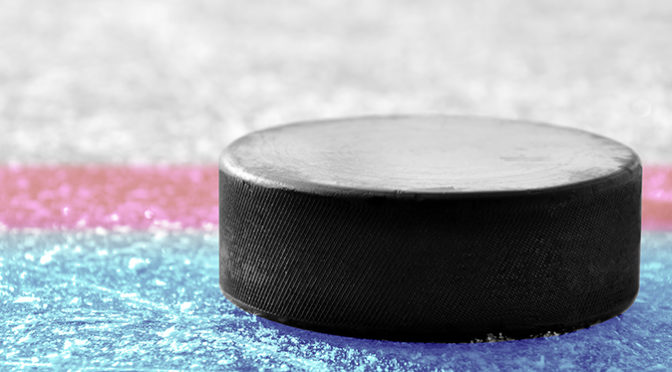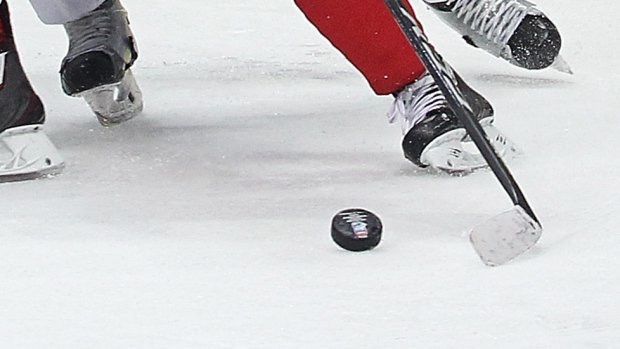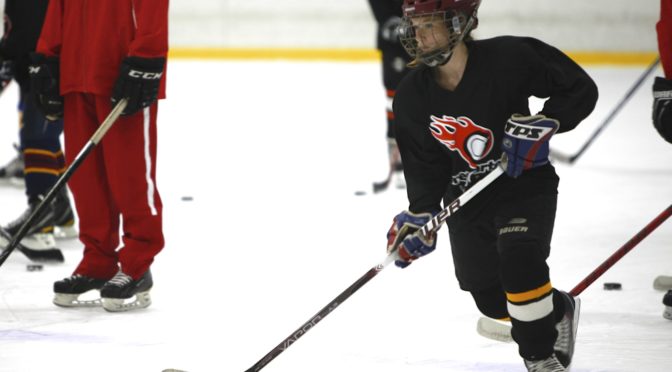22
January
Hockey Development: Are You Training Or Straining?
Posted by Greg Carter

In recent articles we have talked about the importance of being well prepared with development plans and that youth hockey skill development is much more of a marathon rather than a sprint. FOMA should not be a driving force in determining how, where or with whom you train this summer and when it comes to making your final decision, one size definitely does not fit all.
A great way to start this process is setting goals for what you hope to accomplish with your summer hockey training. Once your winter season is over, write down areas of your game that need improvement and that you would like to focus on over the summer. Whether it is very specific positional play or fundamental skill development with skating, stickhandling, passing or shooting, it’s important to identify areas of growth opportunity.
Next, research opportunities that can provide the specific training that you need and match those opportunities against your goals and objectives. This is an important step as there is so much variety available to youth hockey players that one can easily get lost in the confusion. One tried and true recommendation that we offer at Greg Carter Hockey Schools is that development won’t occur by simply playing games all summer long. Find a place to train and then dedicate yourself to that training, which brings us to ‘training versus straining.’
When we talk about training versus straining it’s important to recognize that no player is going to magically take their skills to an extreme level overnight, or over a summer. Improvement can definitely be made, and sometimes significant improvement can be made. But running from camp to camp, game to game, skill session to skill session and lesson to lesson all summer will in all likelihood create a single outcome; burnout.
After a successful summer, players should have a burning appetite to hit the ice in the fall refreshed with new skills and excited for the season, versus burned out from a strained non-stop summer hockey regiment.
Bottom line, take the time to set goals, research and align opportunities with your needs. Of course we invite you to train with us at any of our 2020 Summer Hockey Schools taking place across 11 states this summer!
Good luck with the rest of your season as you head into playoffs and please email us with any development questions that you may have!





 Subscribe
Subscribe Subscribe
Subscribe




